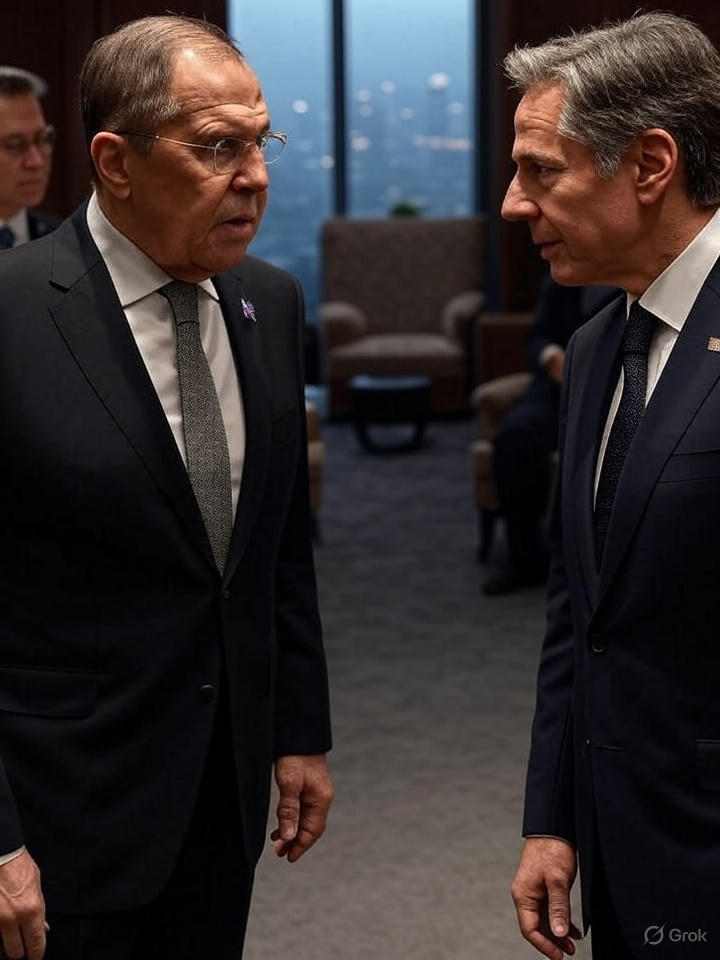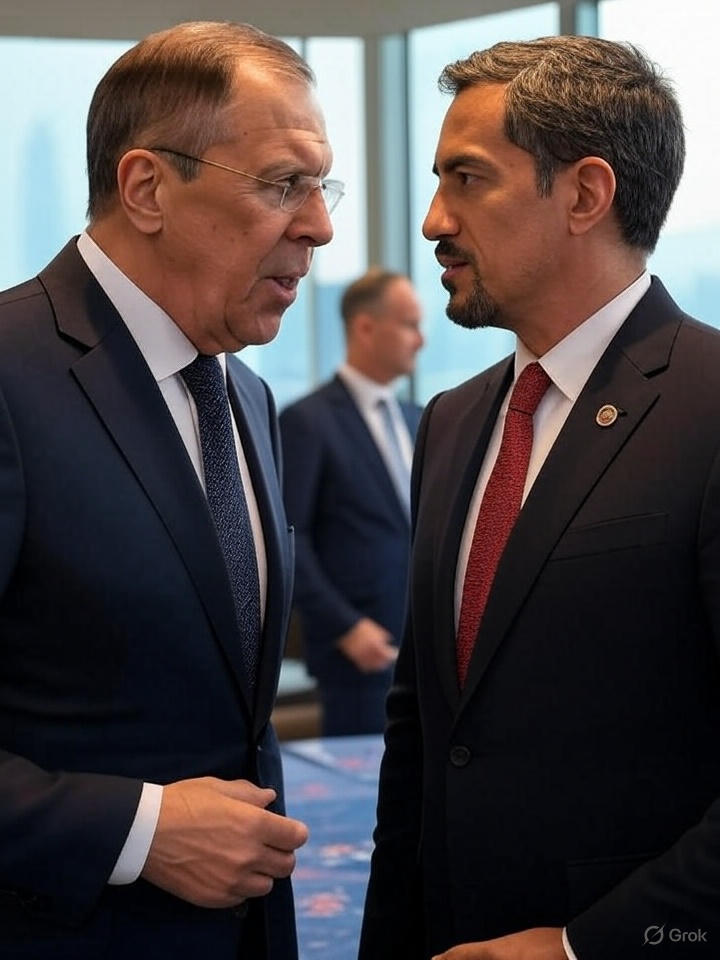In a notable diplomatic moment, Russian Foreign Minister Sergey Lavrov and U.S. Secretary of State Marco Rubio were observed engaging in a brief exchange before the ASEAN summit in Kuala Lumpur. Though the interaction was informal and lasted only a few moments, it sparked considerable attention, highlighting the fragile and complex state of international relations amid the ongoing conflict in Ukraine.
The ASEAN summit, typically focused on regional cooperation in Southeast Asia, provided a neutral ground for such high-level, unscheduled discussions. While neither side has officially commented in detail on the content of the exchange, observers suggest the topic was likely centered around the situation in Ukraine and the possibility of resuming direct negotiations.
Currently, diplomatic channels between Russia and Ukraine remain tense but open. Russia has indicated a willingness to proceed with a third round of peace negotiations, pending signals from Kyiv. Moscow has repeatedly stated that it is waiting for Ukraine to show readiness to engage constructively. Kyiv, on the other hand, has maintained that any negotiations must include conditions such as a ceasefire, withdrawal of Russian troops from occupied territories, and the restoration of Ukraine’s territorial integrity.

This latest development underscores the continued efforts by international actors, including the United States, to facilitate dialogue and avoid further escalation. Secretary Rubio’s presence at the ASEAN summit and his brief contact with Lavrov suggest that Washington is still pursuing diplomatic avenues, even if progress has been slow and marked by setbacks.
The geopolitical stakes remain high. Any breakthrough in negotiations could potentially shift the dynamics not only in Eastern Europe but also in global alliances. The U.S. has consistently supported Ukraine through military aid, economic assistance, and sanctions on Russia. Russia, meanwhile, seeks to gain leverage and legitimacy for its positions, particularly as it faces increasing diplomatic isolation in Western circles.
The ASEAN platform, though not directly involved in the Ukraine crisis, serves as a valuable venue for sideline diplomacy. Such forums allow rival powers to engage informally, away from the pressures of bilateral summits or UN meetings. The interaction between Lavrov and Rubio, while not official, could be an early signal of shifting tones or behind-the-scenes negotiation efforts.
Summary
While no immediate outcome emerged from Lavrov and Rubio’s brief discussion, the encounter reflects ongoing global efforts to mediate the Ukraine conflict. With both sides entrenched in their positions, small gestures like this can potentially pave the way for broader diplomatic engagement and future peace initiatives.

